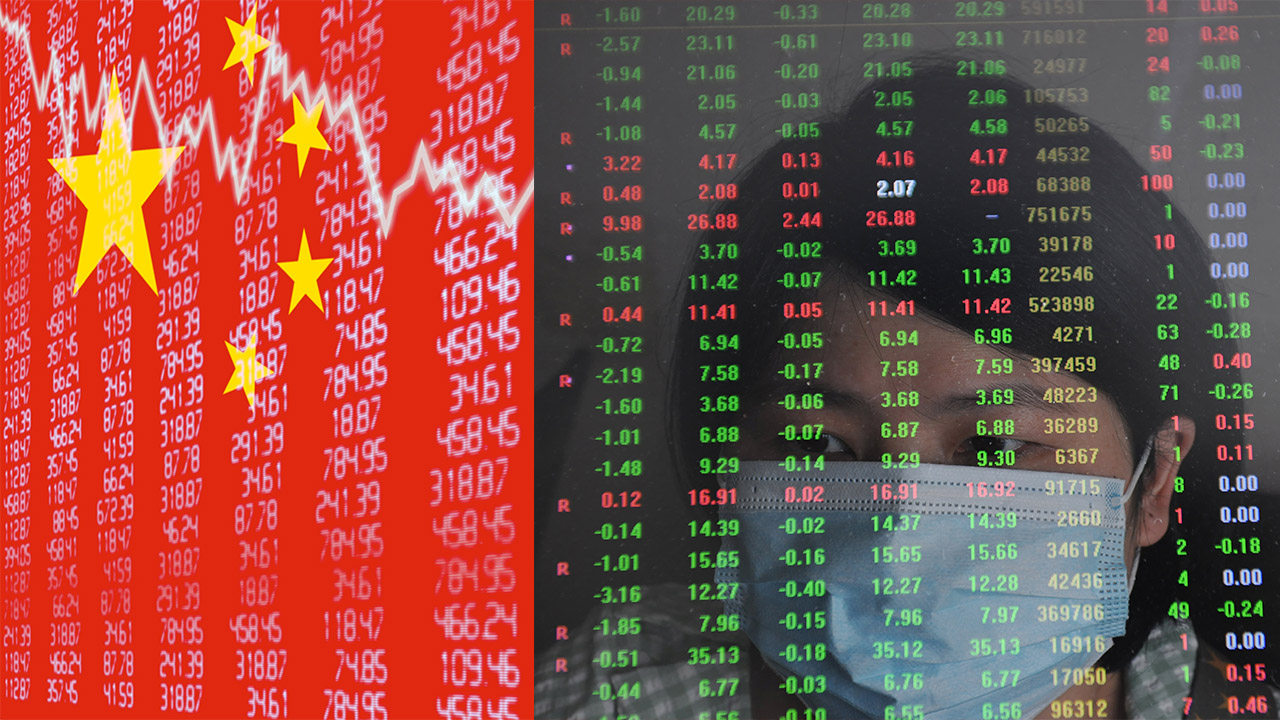On Friday, Chinese stocks declined, with geopolitical tensions casting a shadow on investor sentiment following the Biden administration’s issuance of a trade restriction list and the potential imposition of new tariffs on China.
Meanwhile, Hong Kong shares followed the upward trend seen in regional markets.
It was revealed on Thursday that China is contemplating exempting individual investors from dividend taxes on Hong Kong stocks purchased via Stock Connect, a move that boosted Hong Kong shares.

Asian stocks, poised for a third consecutive week of gains, saw an increase, while the dollar remained subdued amid fresh signs of a softening US labor market, fostering optimism regarding potential interest rate cuts ahead of crucial inflation data next week.
The Biden administration’s addition of 37 Chinese entities to a trade restriction list on Thursday, including some accused of supporting last year’s spy balloon incident over the United States, escalated tensions between Beijing and Washington.
President Joe Biden is expected to announce new tariffs on China targeting strategic sectors as early as next week, with the full announcement anticipated to largely maintain existing levies.
At the midday break, the Shanghai Composite index dipped by 0.22% to 3,147.25 points.

China’s blue-chip CSI300 index also declined by 0.28%, with the financial sector sub-index rising by 0.91%, the consumer staples sector falling by 0.78%, the real estate index climbing by 2.72%, and the healthcare sub-index decreasing by 0.81%.
Chinese H-shares listed in Hong Kong surged by 1.8% to 6,679, while the Hang Seng Index rose by 1.74% to 18,859.60.
For the week, the CSI 300 advanced by 1.4% thus far, and the Hang Seng added 2.1%.
The smaller Shenzhen index declined by 0.86%, the start-up board ChiNext Composite index slipped by 1.16%, and Shanghai’s tech-focused STAR50 index dropped by 1.8%.
Across the region, MSCI’s Asia ex-Japan stock index gained by 0.65%, while Japan’s Nikkei index increased by 0.26%.







Leave a Reply